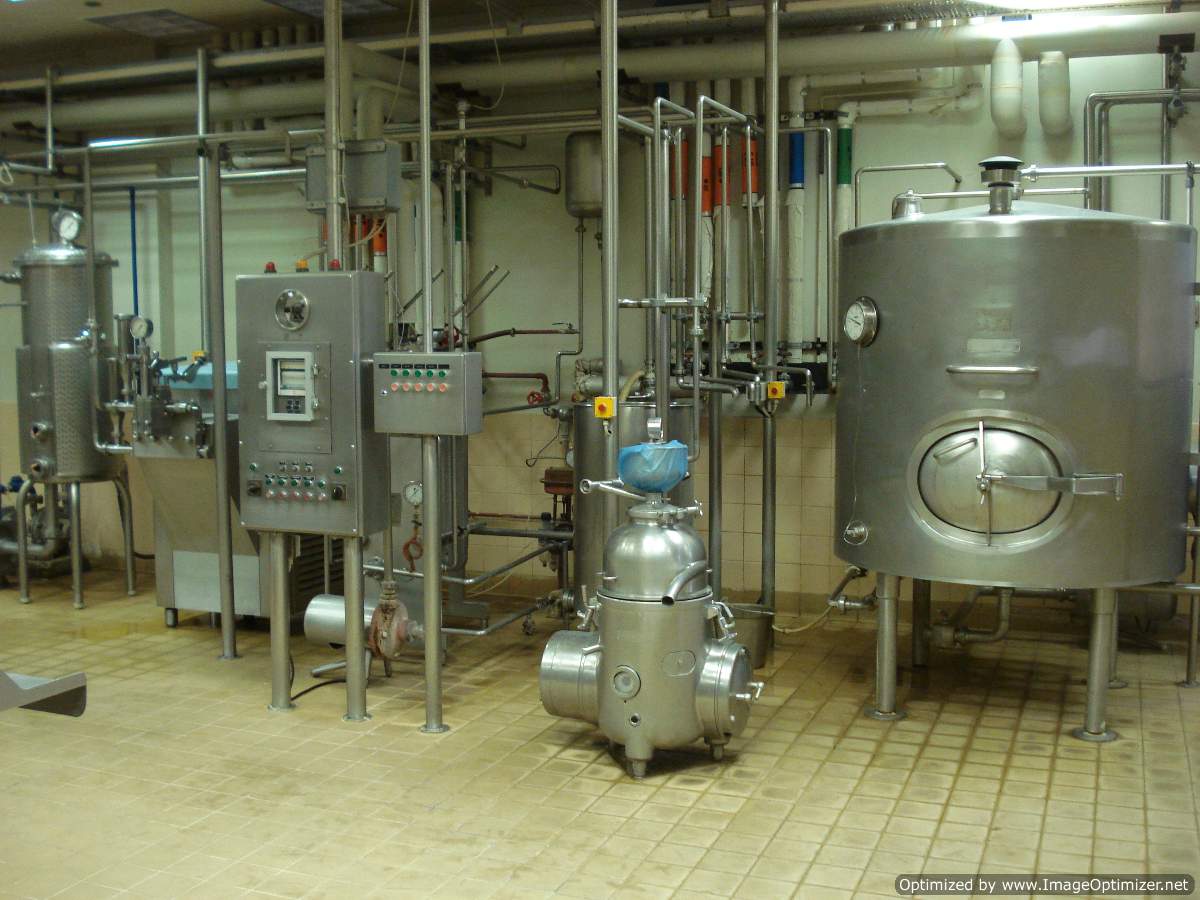Unfortunately, standard HTST and UHT pasteurization destroys enzymes, denatures proteins, kills beneficial bacteria, reduces some vitamins (viz: B2, B12, C and E) and inactivates immune factors that naturally protect the milk from spoilage
Effects of
pasteurization on nutrients in milk
Pasteurization is unnecessary - with today's modern milking machines, temperature-controlled, stainless-steel holding tanks, efficient distribution, sanitary packaging and government inspected production, pasteurization is simply not necessary.
There are differences between pasteurization methods - milk is heated in all methods, but at different temperatures for different amount of times and the type and degree of sterilization of packaging used all affect spoilage / shelf life / sell-by-dates and consumption safety by reducing or eliminating bacterial activity.
| MILK PASTEURIZATION PROCESS |
LABEL | TEMP | TIME | EXPIRATION BEFORE OPENING (All 5 days after opening) |
COMMENTS |
| Vat Pasteurization | Vat or Batch Pasteurized | 145°F | 30 mins | ~2-2½ weeks |
Best choice if you can't obtain raw milk.
All milk was orignally pasteurized by this method; proteins stay
intact; retains most of the beneficial enzymes.
Kalona Supernatural ™ (+ organic, grass-fed, non-homogenized!) |
| High Temp Short Time (HTST) | Pasteurized | 161°F | 15 secs | 16-21 days | Milk flows continuously through a series of thin metal plates that are heated by hot water. Removes microorganisms; destroys enzymes; some vitamins remain*; denatures proteins, difficult to digest, but better protein utilization than UHT** Most milk in the grocery store. Natural by Nature® (also from grass-fed cows) |
| Ultra High Temperature (UHT) | Ultrapasteurized | 280°F | minimum 2 secs |
~70 days | Sterilized /cooled rapidly. Damages vitamins; Denatures proteins (difficult to digest); Targets relatively benign microorganisms left by lower pasteurization temperatures, which can sour improperly stored milk. Cornell University, Dept of Food Science. Some say it tastes "burnt". Organic Valley Grassmilk® |
| Ultra High Temperature (UHT) | Aseptic "Long lasting" |
280°F | minimum 2 secs |
Unrefrigerated up to 6 months (not exactly "fresh") | Basically same as UHT above, but with sterile processing environment and packaging (treated with hydrogen peroxide to prevent contamination); |
*HTST has been confirmed to preserve vitamin C, thiamin and riboflavin. Holmes AD et al, Effect of HTST Pasteurization on the ascorbic acid, riboflavin and thiamin content of milk, 1944
**Humans can better utilize postmeal proteins from HTST milk than higher-temp-processed ultra-pasteurized (UHT) milk. Journal of Nutrition 2008;